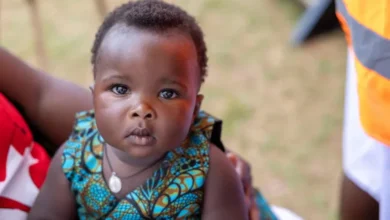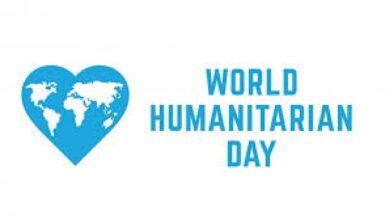Oversharing Online: A Threat to Securing a Friendly and Protective Environment for Children®–Guidelines for Parents, Communities, and Governments

Source: CNN
The Story
In the early days of social media, many parents embraced platforms like Facebook and MySpace to share their children’s milestones and daily activities with friends and family. However, what started as a way to keep loved ones updated has, in many cases, evolved into a public display of children’s most intimate moments.
As children grow up in the digital age, they often find that their private lives have been broadcast to the world without their consent. Many have experienced bullying, anxiety, and a sense of betrayal when personal details are shared online. The impact is not just emotional; it can also include exposure to online predators and a loss of control over their own narratives.
Senses: Child Safeguarding and Protection Principles
- Privacy and Consent:
- Children have a right to privacy. Parents should always consider seeking their child’s consent before sharing information about them online.
- Emotional and Psychological Well-being:
- Protecting children from potential emotional and psychological harm caused by public exposure and online bullying is crucial.
- Safety from Predators:
- Limiting the amount of personal information shared about children online can help protect them from becoming targets for predators.
- Digital Footprint Awareness:
- Educate children about their digital footprint and help them understand the long-term implications of their online presence.
Stones: Lessons for Parents, Government, Society, and Educational Institutions
- For Parents:
- Think Before You Share: Consider the long-term implications of posting your children’s private moments online.
- Children’s Consent Matters: Involve children in discussions about what is shared online and seek their consent to protect their privacy.
- Awareness of Risks: Understand the potential risks of oversharing, such as identity theft and cyberbullying.
- For Government:
- Legal Protections: Implement laws that protect children’s rights in the digital age, including financial compensation for monetized content and the right to delete unwanted content.
- Regulatory Frameworks: Apply regulatory frameworks governing child actors to child influencers, setting limits on working hours and securing a portion of their earnings.
- For Society:
- Cultural Shift: Encourage a cultural shift towards respecting children’s privacy and autonomy online.
- Support Systems: Develop support systems for children who experience negative impacts from online oversharing.
- For Educational Institutions:
- Digital Literacy: Incorporate digital literacy programs that teach students about online privacy, consent, and the implications of sharing personal information.
- Guidance and Support: Provide guidance and support to students who face bullying or other issues related to online oversharing.
Conclusion
The practice of “sharenting” has highlighted significant concerns about children’s privacy and well-being in the digital age. While social media can be a valuable tool for connecting with loved ones, it is essential to balance sharing with safeguarding children’s rights and mental health. By implementing protective measures, seeking children’s consent, and fostering a culture of digital literacy and respect, we can ensure that children’s digital footprints are their own to create and control. This approach will help mitigate the negative impacts of oversharing and create a safer, more respectful online environment for future generations.
Read More about this story here: https://childreninfobank.com/safebank/the-first-social-media-babies-are-adults-now-some-are-pushing-for-laws-to-protect-kids-from-their-parents-over-sharing/
Source of Image: Getty Images




